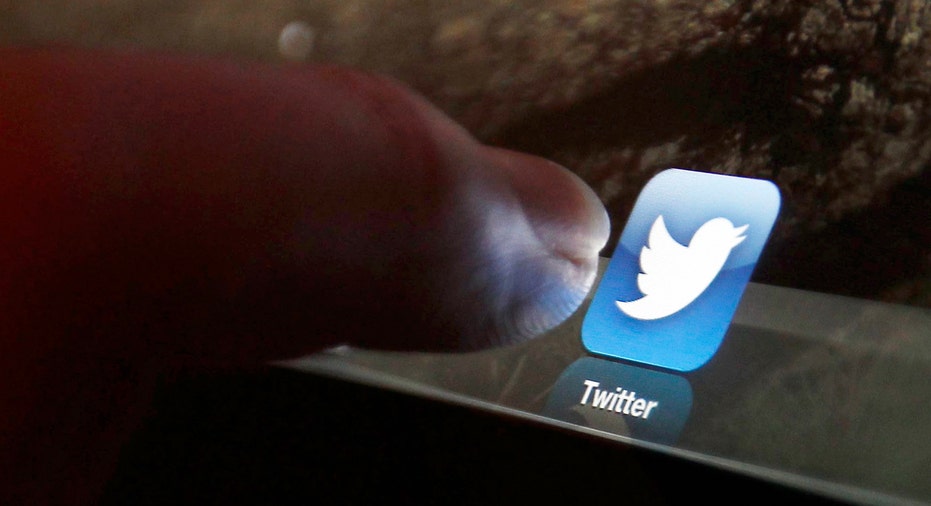Tech Is Smart, But We Need to Be Smarter

Am I the only one who thought it was a little bizarre to watch Twitter’s (NYSE:TWTR) 3Q earnings call on Periscope, the video streaming app the social media company bought just before then CEO Dick Costolo vanished from the face of the earth?
It was about as exciting as watching paint dry, except for all the pastel colored hearts floating up over the screen. And some of the user comments were priceless: “Are you single Jack?” “Anyone eating a sandwich right now?” Definitely my favs.
No, watching nerds sitting at a conference table reading from a script is not exactly my idea of a good time … or a good use for live streaming video. Think I’ll just listen to earnings calls in the background while I work, as usual, from now on.
I’ve never been into tech for tech’s sake. When noted venture capitalist Marc Andreessen said, “Software is eating the world,” I know he meant that in a good way. He meant that technology is disrupting and changing the competitive landscapes of all sorts of industries. And it is.
The only problem is I’m not at all sure I need or even want all that software in my life. Let’s be real for a second. If it doesn’t make your life easier or better in some material way that makes it worth the cost and time to install and use it, what’s the point?
The way I look at tech products is pretty much the same as the way VCs look at investing in tech companies: The product has to solve an important customer problem. If not, forget it. The world is full of solutions in search of problems, but nobody needs them. That’s why the world is full of companies in search of customers they’ll never find.
There are a lot of things I want to do with my life – for work, for family, for fun – and none of them include wasting a lot of time and money researching, installing, testing and tinkering with other people’s silly inventions, experiments and apps.
Don’t get me wrong. I use a lot of tech that goes way beyond necessities like laptops, smartphones, tablets and Wi-Fi routers. I have a connected home, but I stopped short of smart thermostats, lights and blinds. Call me crazy, but I really don’t have a problem hitting a light switch or setting the temperature.
And while I love being able to control the pool and hot tub from inside the house, I can’t imagine why the oil rubbed bronze door hardware my wife painstakingly chose to match the house’s Mediterranean decor should be replaced with a funky looking smart lock. Using a key to unlock a door is not exactly a problem I need solved.
But choices like that are personal. And one person’s chore can definitely be another person’s hobby. If a 3D printer could just print a gourmet meal in seconds, I bet a lot of people would buy it. But my wife and I wouldn’t because we love to cook. It’s a big part of our lives. It’s our favorite hobby.
And while we usually play music stored or streamed electronically, when we have friends over we inevitably end up in the rec room shooting pool, drinking margaritas and spinning vinyl on an old Techniques turntable from my collection of hundreds of records from back in the day. Even with the cracks and pops they still sound great.
Some things are just made to be enjoyed old school.
Then there’s the health factor. It’s fine to be a gamer or a social media enthusiast, but if you need a smart watch to tell you when it’s time to get up and walk around so you don’t end up with a pulmonary embolism, something’s very wrong.
And if you think you need a gadget to tell you if you’re eating, sleeping and exercising right – if you think that’s solving a problem – I think you might have a bigger problem on your hands that you’re not addressing. A professional might serve you better than a Fitbit (NYSE:FIT). I’m just saying.
Frankly, a lot of the convenience we think technology brings us actually replaces a lot of the exercise we used to get. After all, electronic games we play sitting on our butts replace games we used to play running around. Not that I’m blaming our obesity epidemic on technology; it’s obviously how we use it that’s the problem.
The smarter technology becomes, the smarter we need to become – not so much to know how and when to use it, but to know how and when not to use it.



















